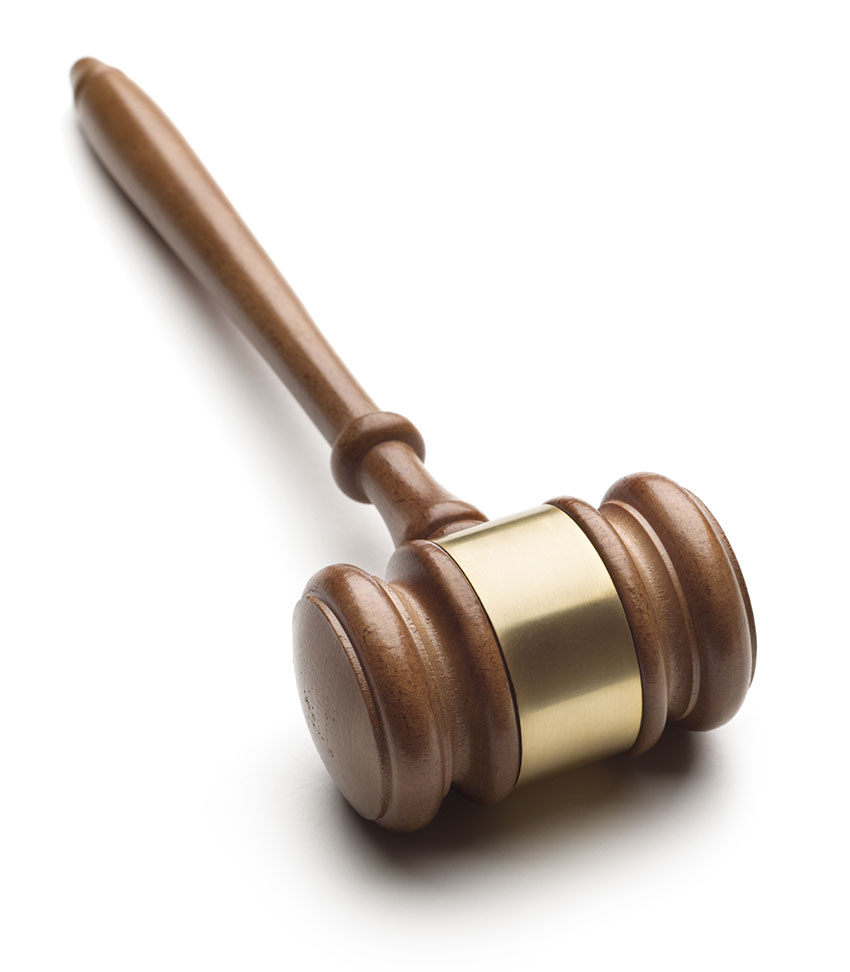When a person passes away and leaves behind their estate and assets, a very common way to divide them is through probate. And the process becomes easier if you get the services of a probate attorney PG County. Here is everything you need to know about probate and how it works.
What Is Probate?
Probate is also known as estate administration, in most cases. It is defined as a process where the assets of a deceased person are transferred to their legal heirs, and now, new owners. It is a very common process to ensure that the assets of a person go directly to the legal owners as stated in that person’s will.
Probate is considered to be one of the easiest processes to go through if the deceased owner of the estate has left a will and there are proper instructions in it for the division of assets. This process is supervised by the court, so there are little to no chances of you getting the short end of the stick. Usually, in probate, there is a representative, also known as an executor, who is going to go through your assets and takes inventory, pays any dues and debts remaining, and then he/she can go forward with the asset division process, according to your testament, demands or will.
Most of the time, probate is considered to be necessary, because it’s the only way to divide the assets and estate, especially if the deceased owner has clearly stated this in their will. There are also simplified versions of probate in many countries and states, which can be pursued in order to wrap things up quickly and get this over and done with.
The estates or assets that go through the probate process are known as probate assets. The assets/estates where probate is applicable are as follows:
- Properties or assets that are named after one person are subject to probate. These properties or estates are also known as individual assets and they can be things like the house you’re living in, bank accounts, policies, businesses, etc.
- Items like jewelry, heirlooms, and sentimental things of value can also be considered probate assets.
- Properties where there are more than one owners in the will are also going to go through the probate process. There is a percentage of the revenue that each person gets and you can get your share, if you die and have stated so in the will.
- Things like health insurance and policies that have specific beneficiaries prior, don’t need to go through the probate process if you die, but if the beneficiary somehow dies before you and you haven’t chosen another beneficiary for these things, then it needs to go through the probate process.
The Process Of Probate In A Court
Here is a step-by-step process of how you can file for probate to proceed after the legal owner’s death. Whether the deceased person hired an estate planning attorney Upper Marlboro when alive and created a will or not, the process is usually the same.
- First things first, you need to submit the death certificate of the owner to the local court, along with the will or testament or any legal document which mentions the division of assets through the probate process.
- The will needs to be validated by the court, which takes some time. After that, you will get notified that you are eligible to apply for the probate process to begin.
- Before all of this begins, the court will appoint a representative, who will go through the assets and see if there is any remaining balance that needs to be dealt with, before starting the probate process. What happens in the inventory process, is that the valuation of the estate and assets is done to come up with a lump sum of monetary value. This monetary value is important because it’s going to determine how many taxes are applicable on these assets, only after which the process can proceed further.
- The beneficiaries as well as the creditors are notified. The creditors are people who can disagree with the will and try to claim the estate.
- Once all of the dues are clear, the designated share is given to each beneficiary, according to the will.
Pros And Cons Of Probate
Here are some advantages and disadvantages of probate.
It’s An Organized Method
It is a very organized and step-by-step method. There are no hidden rules or loopholes in this process, which makes it pretty easy to execute. If there is no will, even then this process can be executed, and the court will provide a clear path on how the assets should be divided.
Shows Legitimacy Of The Will
The probate process doesn’t go forward until there’s a will. There are simplified forms of probate processes that don’t involve a will, but for a big estate, you should have a will/testament will or testament of the deceased owner.
It ensures that the decedent doesn’t get taken advantage of if there’s a problem in the last will or if there are people trying to make a claim against the will or testament. The decedent gets their due share if a will-driven probate is executed.
No Room For Disagreement
Probate is a just process, that not only protects the rights and fair share of the decedents, but it also allows the creditors to make timely claims against the will or the decision.
If the creditor’s claims hold some sort of ground, then it can be tried in court before the division begins and if there’s no proof of the claim, then it can be nullified and the asset division will commence normally, as stated in the will. It’s a very simple process, which makes estate division and transferring to beneficiaries very easy.
It Is Time-Consuming
As simple as the probate process is, it’s also quite time-consuming. Anything that has to do with courts and validation is going to be time-consuming and only then will everything go according to the will. Usually, the probate process will take anywhere between 6 months to 2 years to complete and that’s because there is a lot of work and evaluation, and those things need some time to get completed.
If you’re looking for a faster way to divide assets based on the will of the deceased, then you can go for summary probate because that takes less time to complete, but it applies to specific assets and properties, so keep that in mind.
It Is Expensive
The probate process is also quite expensive, mainly because it’s a court-supervised process and there are a lot of lawyer fees and dues that you need to pay.
Generally, probate processes will vary in price according to the estate you’re trying to acquire. Different estates and assets have different monetary values and the probate fees will be calculated accordingly. Then there are also legal representative dues, court fees, and other expenses, which can make probate processes insanely expensive.
Conclusion
There you have it! Now you know everything there is to the probate process and how it’s done. It’s a pretty straightforward process and a good option to go for, especially if there’s a will and clear instructions on how the estate and assets should be divided. Hire a probate lawyer Largo who can guide you through the process.


